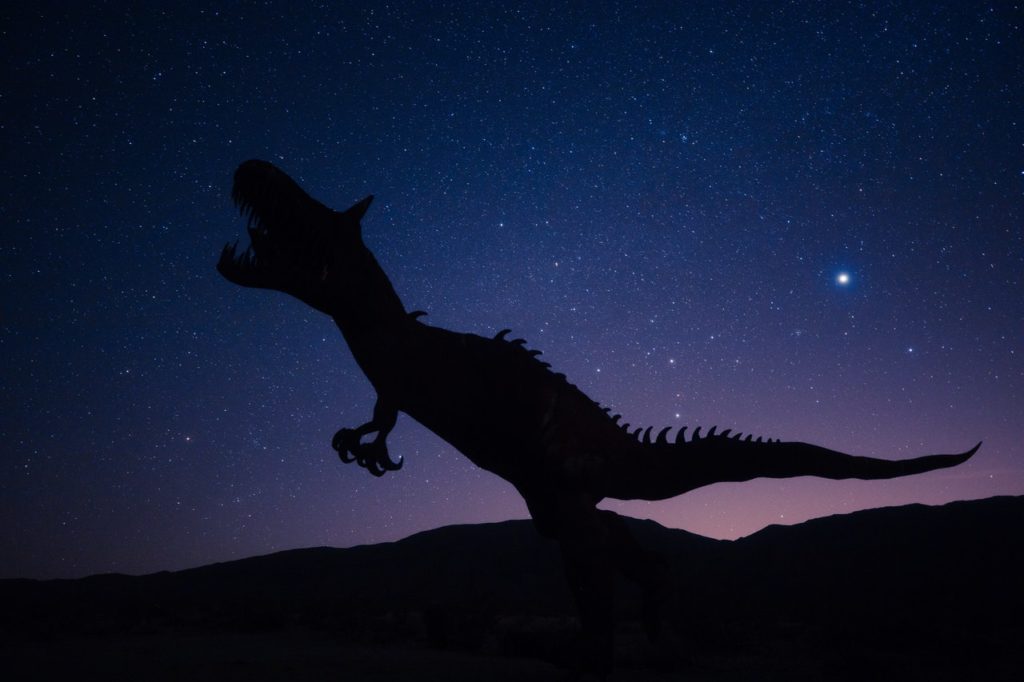By Taryn Hochstrasser
During my last year of high school, I wrote an essay based on one of the given topics. I don’t remember it well enough now to give an in-depth description, except that it was a sweet piece about a princess and dust motes drifting in the air, sunlight reflecting off their surfaces.
I really liked my story. To my horror, my English teacher Mrs Long didn’t approve of it. She said it wasn’t realistic.
‘A person should write what they know,’ she said. ‘If you’re a tennis player, write about that. If you’re interested in space, base your story there. What do you know about being a princess, Taryn?’
Well, nothing, of course. But I have always had a bit of an issue with that advice: ‘Write what you know.’
If all writers followed that piece of wisdom, how would fantasy novels be written? What about science fiction set in galaxies far, far away?
If that were the case, J.R.R. Tolkien must have sipped his Sunday afternoon tea with an orc, while discussing the weekly news in Mordor and eating cucumber sandwiches. Robin Hobb must live in a land of fire-breathing dragons and magic. And George R.R. Martin must hang out at weekend barbeques with White Walkers.
Can you imagine that? I can, and while it sounds highly entertaining, it is also very unlikely. So why should I follow my old teacher’s advice when these well-known authors obviously didn’t?
Or did they?
Maybe they did, but from a different perspective. Maybe they thought, as I do, that the advice should be reworded, as in: ‘Write who you know.’
I so enjoy writing stories based on people I know. Or even just giving a character someone’s habits or little quirks. It can be therapeutic to a degree. But also, it makes my characters more well-rounded and real to me.
All articles, whether fiction or non-fiction, are written for humans by humans, and so are connected to us by default. Writers need to capture the audience’s attention. And whom do we know better than the people in our lives? Including the orcs, White Walkers and dragons.
Martin’s White Walkers could be based on his overly dressed, snobbish neighbours, whom his wife insists on inviting to get-togethers even though they have icy demeanours. Perhaps Hobb’s dragons were the patrons demanding coffee at the cafe where she worked as a waitress in her earlier life, feeling like only by magic could she get through her day. Tolkien’s tea-drinking orc could’ve been inspired by his mother-in-law.
I empathise with him on that point. Mine could also be an orc. And she might be in a future story. But let’s keep that between us.
About the Author

With her pilot wings temporarily clipped by COVID, Taryn Hochstrasser is fulfilling another lifelong dream of becoming a writer. She is exceptionally proud of having self-published her first novella The Bubble on the Far Side of the Moon on Amazon, as it was one of the last promises she made to her dad. While she waits to fly amongst the clouds again, Taryn spends her days trying to get the drool from her two Saint Bernards off the pages she has attempted to write.












